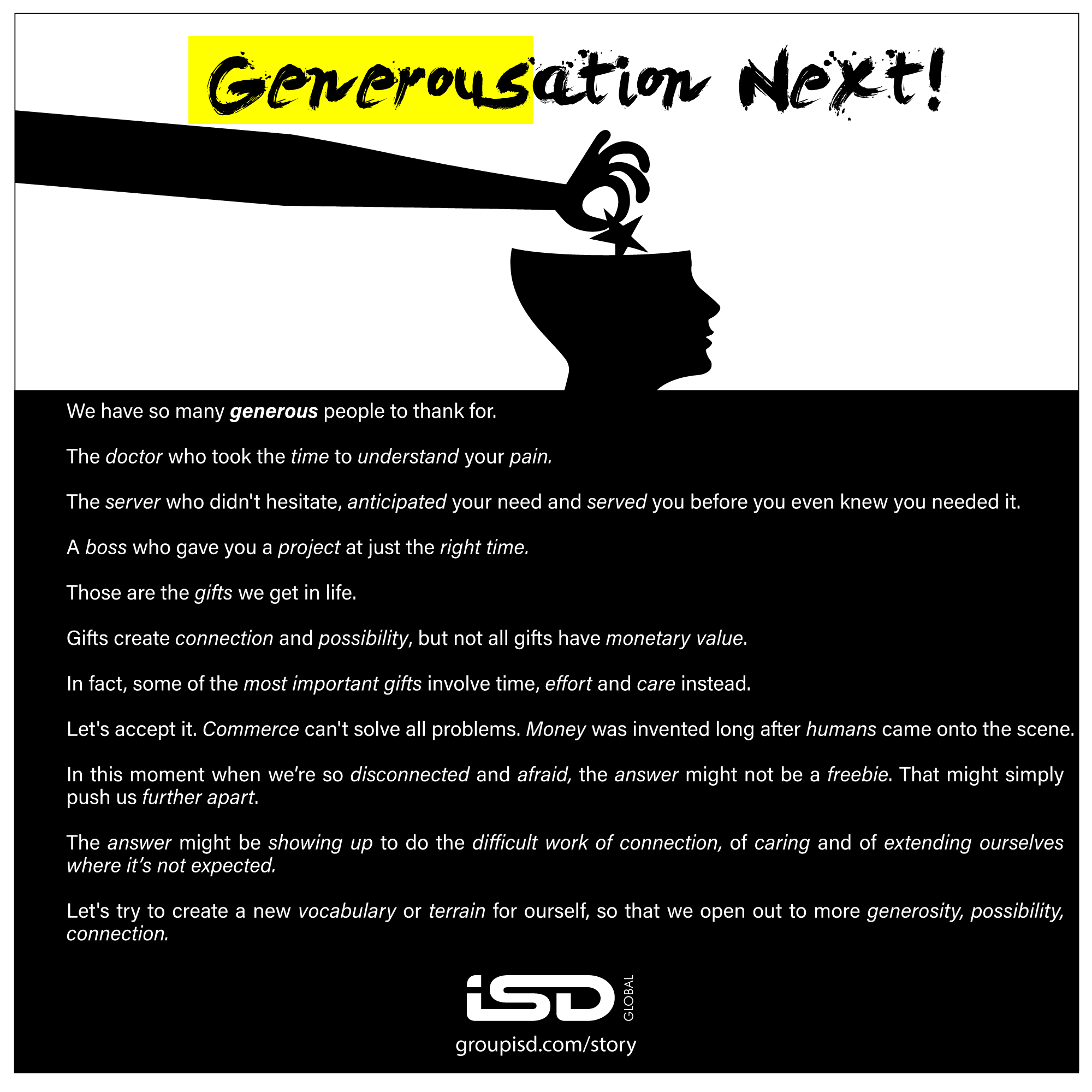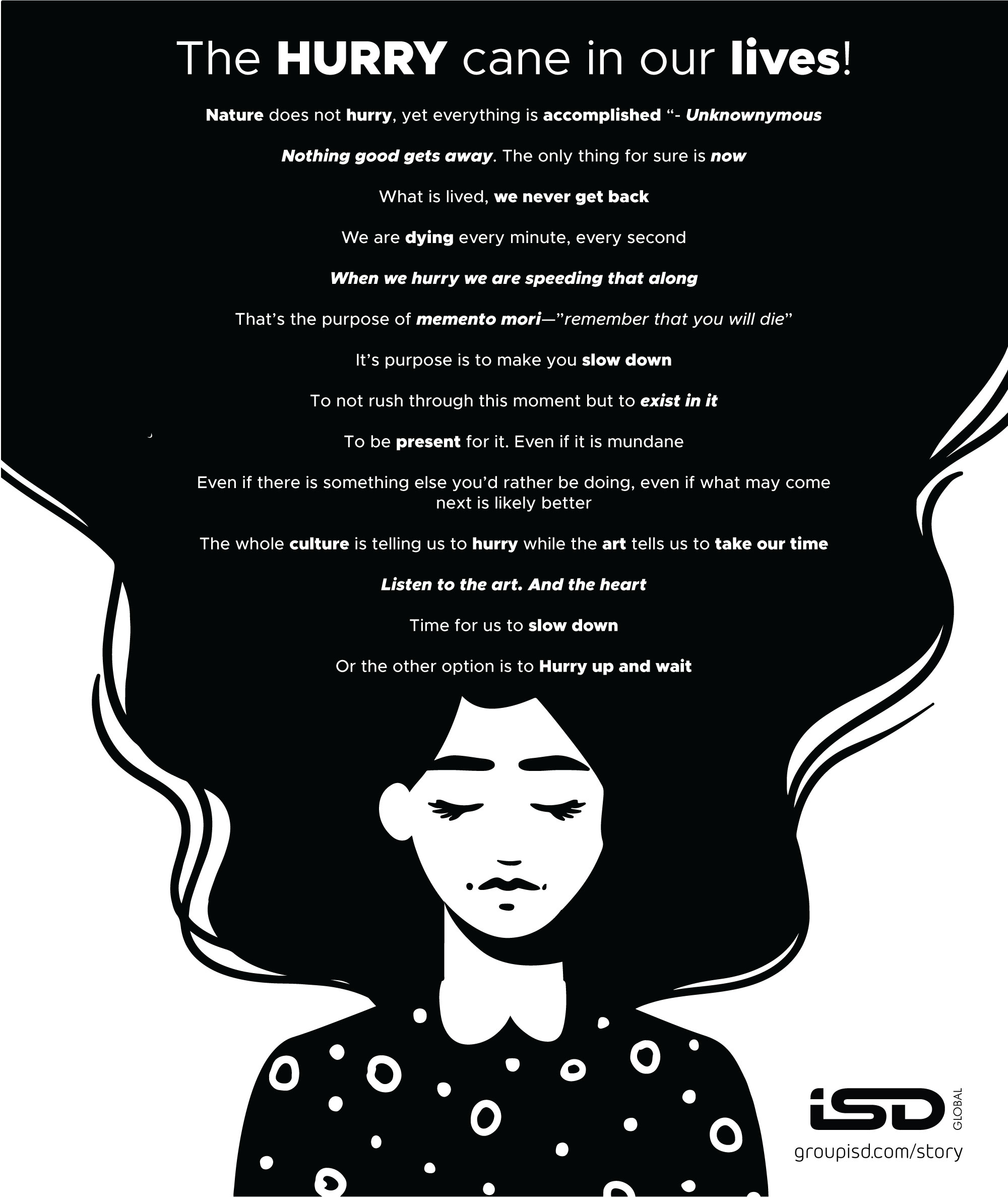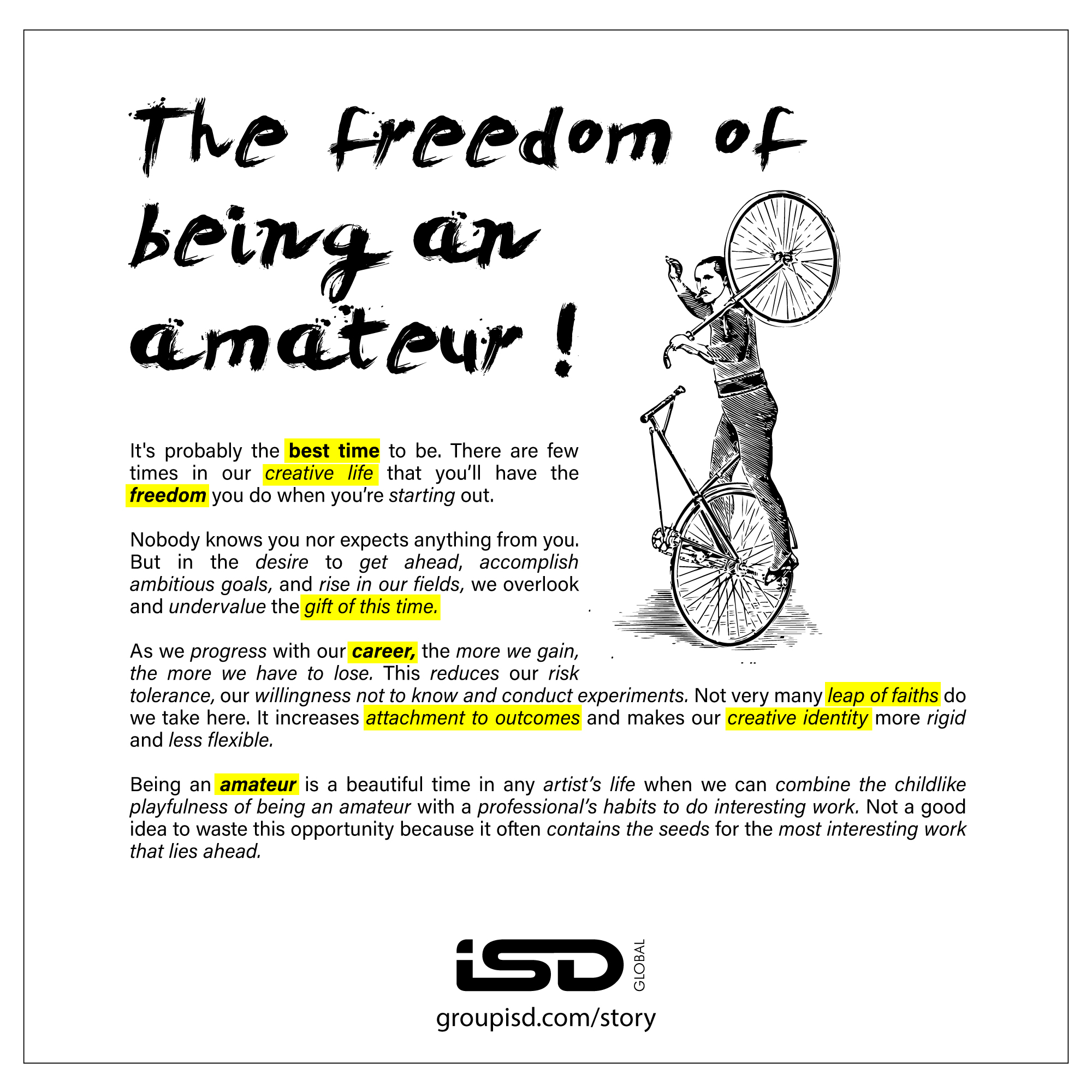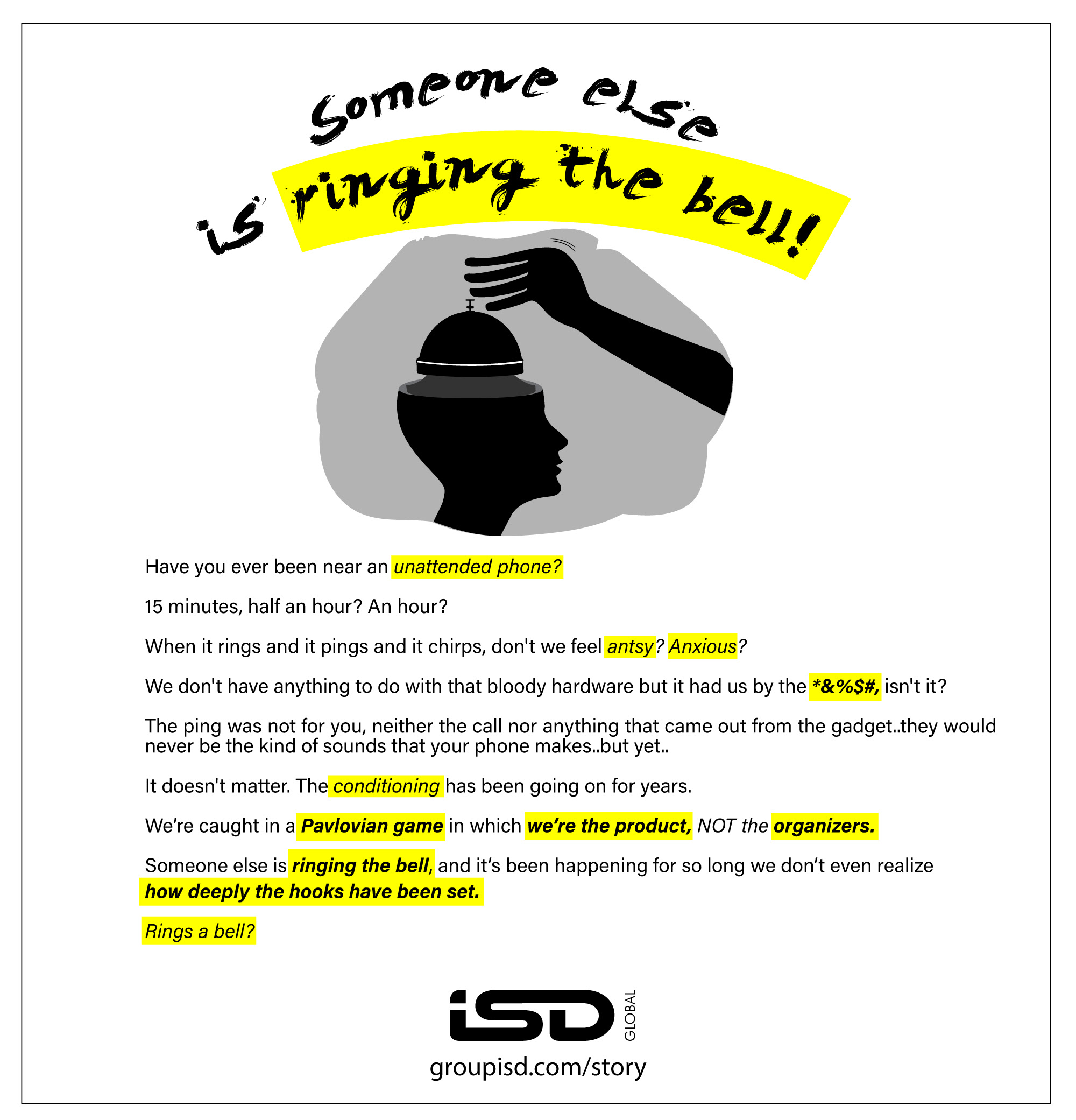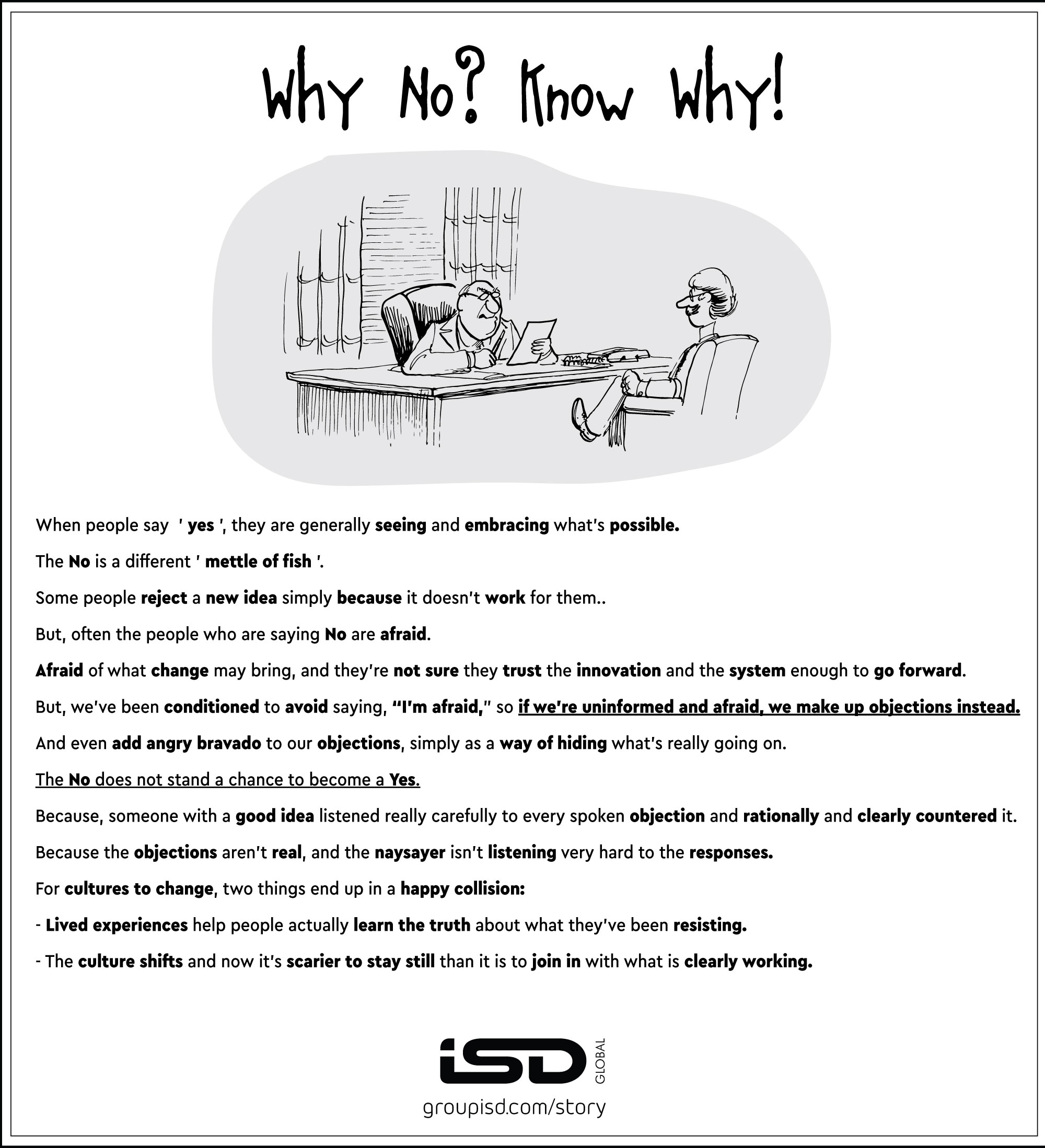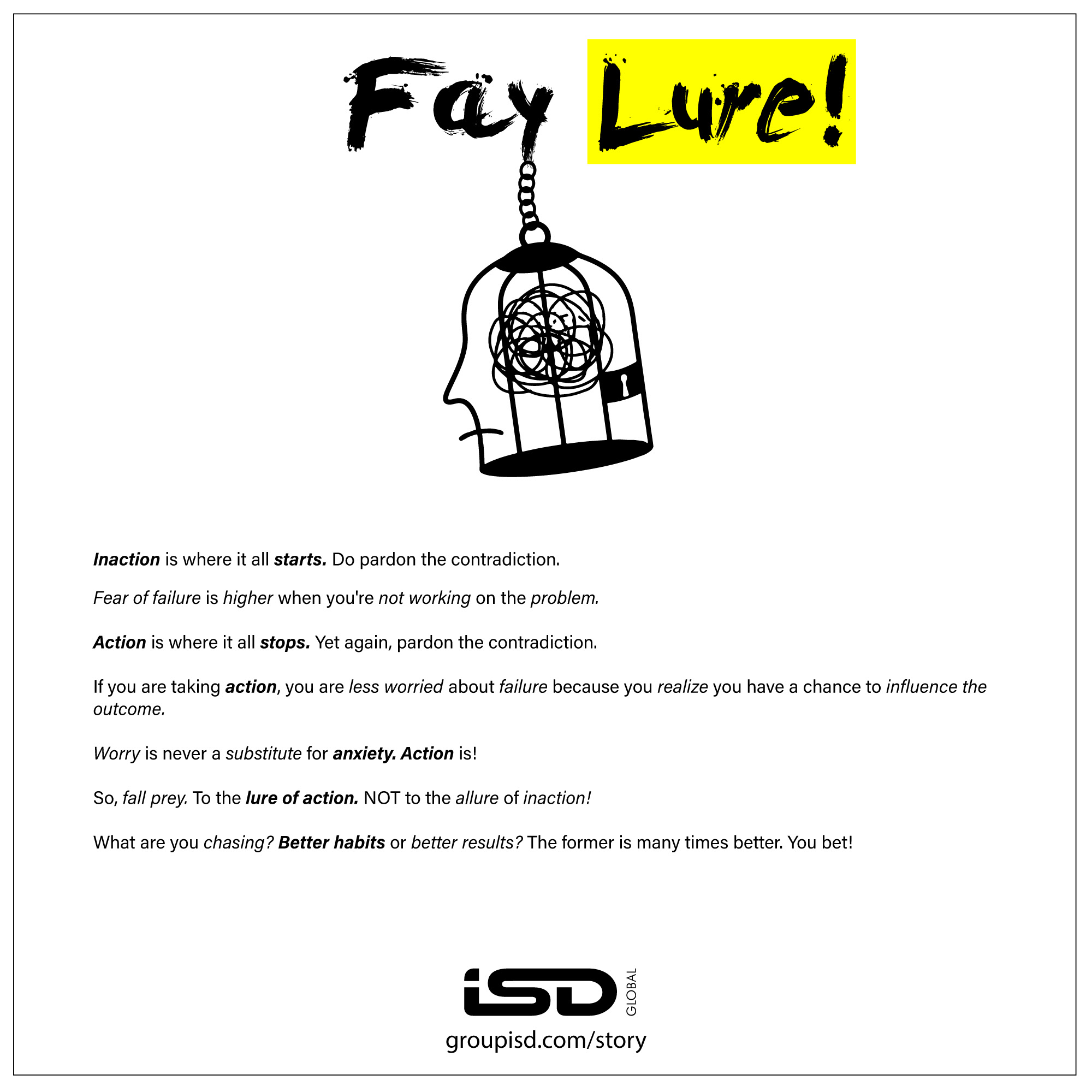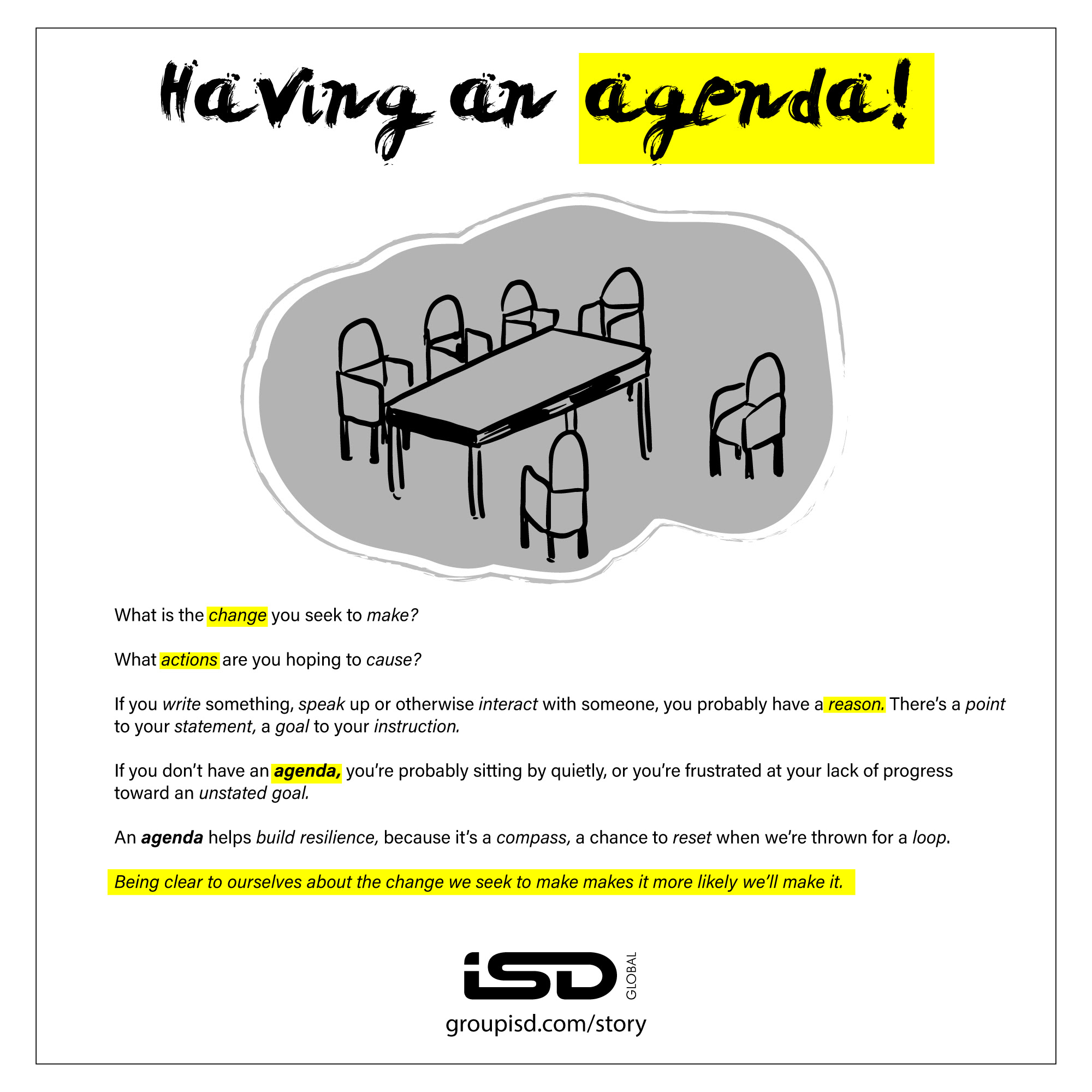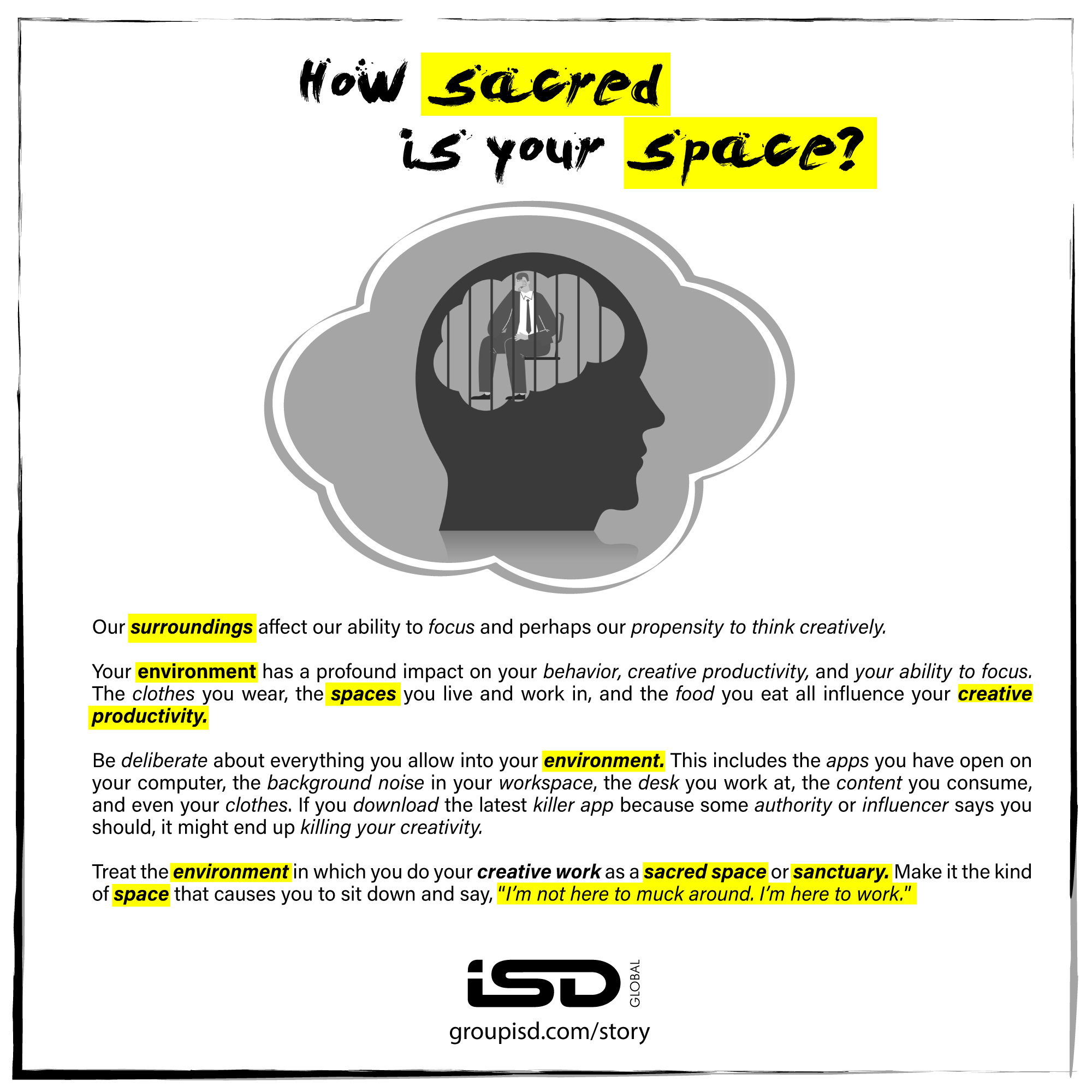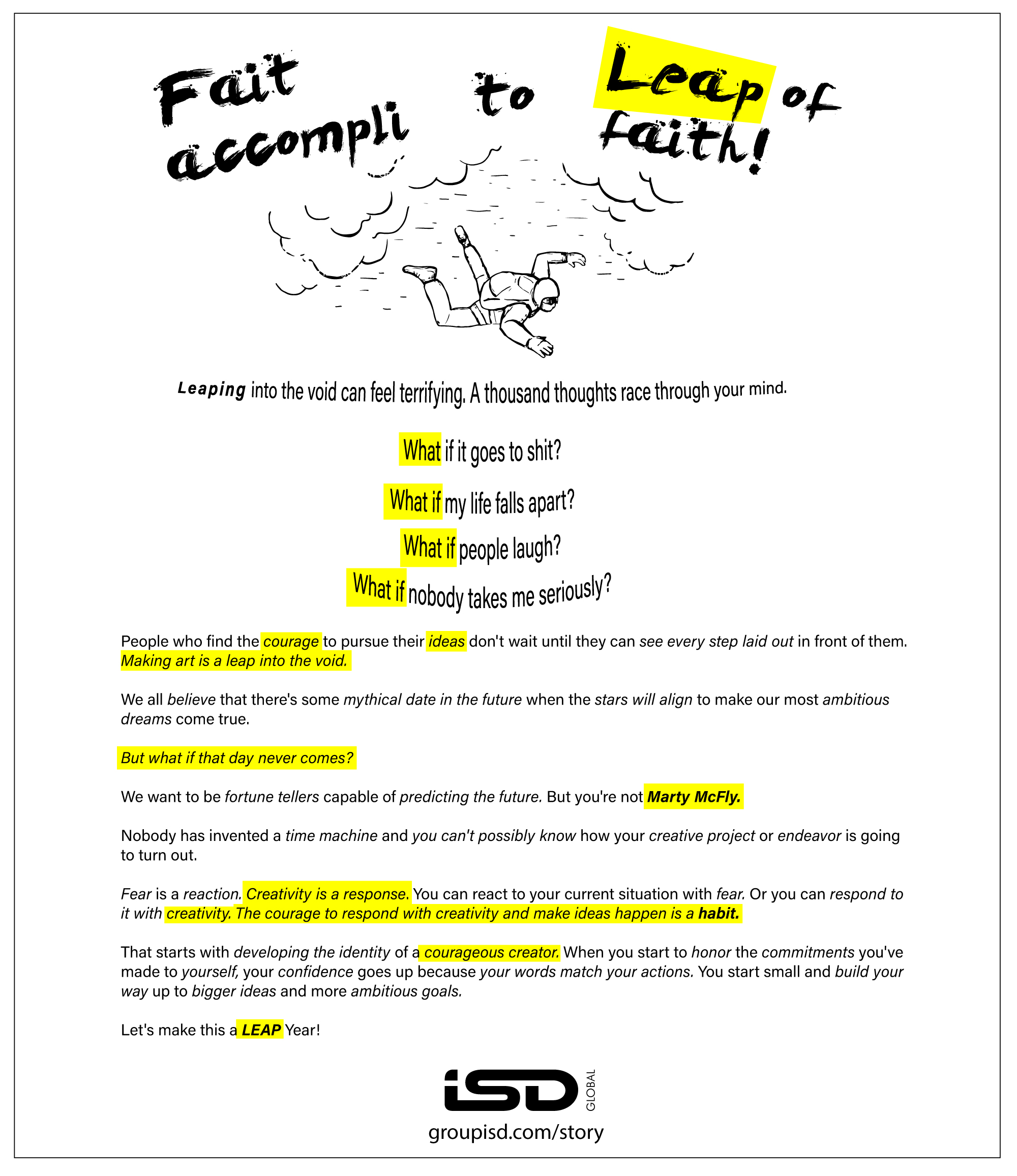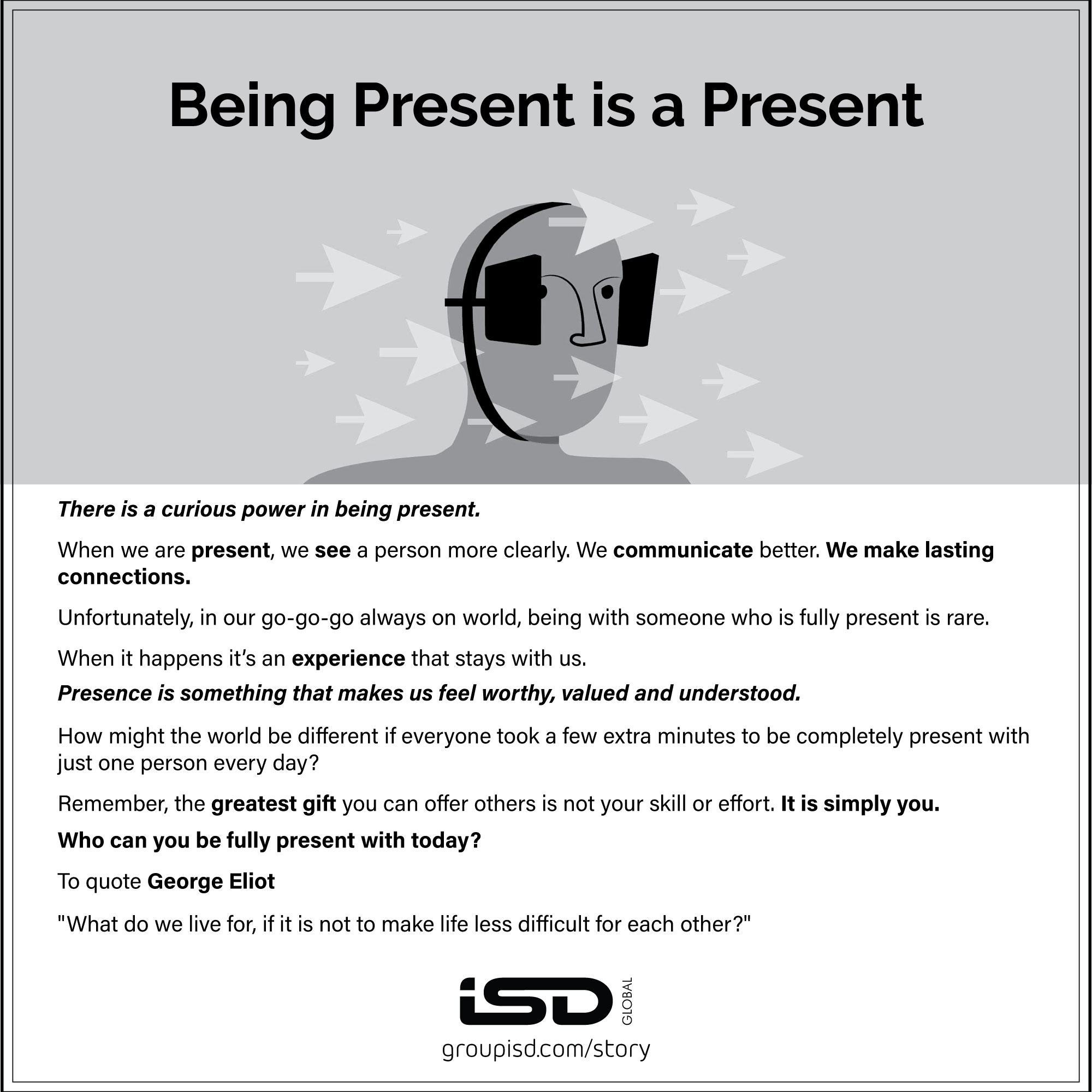Oftentimes we are reminded, nudged, coerced, reprimanded into going beyond our ‘ comfort zone ‘. A territory where not much is needed to be done and most energy and focus is spent(?) on maintaining the status quo( read being in a state of impasse). Pretending to run to stand at the same place.
While we do that, there are some others who are sticking their neck out, showing up, shipping out and producing work or art or craft that is bringing meaning , joy and comfort in people’s lives. When you see that happen, you feel the cringe of envy, regret and a little part of you feels, “That’s what I could have, would have, and should have done!” Yes, they did it, while you dragged your feet. They fought the inertia, you fell prey to distraction. They made it their calling, their priority, while you procrastinated and told yourself, some day in the near future.
Our response can have two approaches. It has happened, so no need to ruminate over what could have been. You take the easy route of throwing in the towel, of giving up. That chapter of possibility is closed forever.
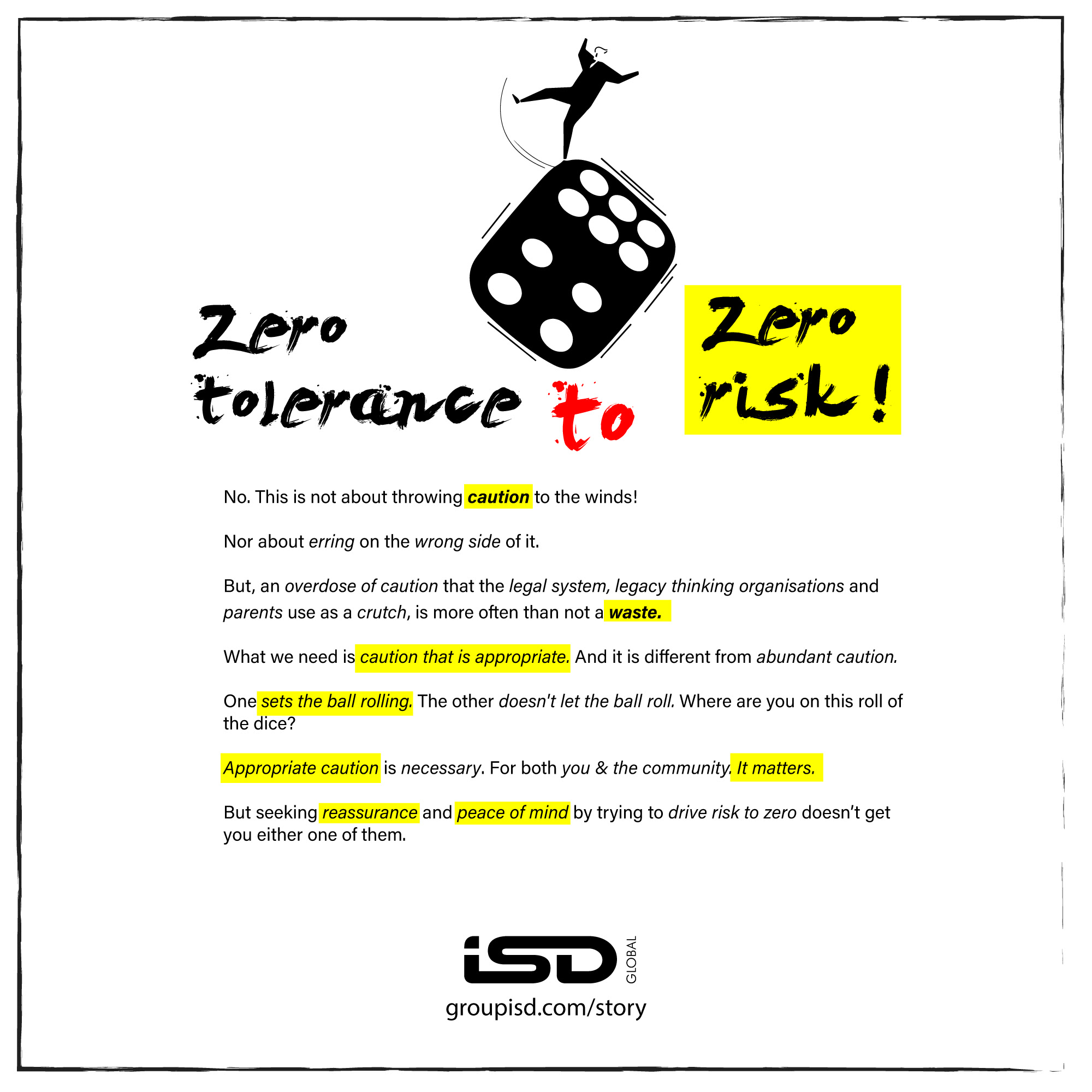
The other approach can be to galvanise the jealous pain that has found domicile in your mind and heart, separate the wheat from the chaff, say goodbye to distractions, kill your darlings and get down to doing what needs to be done.
Mind you none of that is going to be easy. It takes a lot of time to get things done. And you have to beg, borrow or steal that time from comfort. Which will definitely be uncomfortable and nothing like what you were used to. And there is nothing called instant gratification, a trap that our culture has set us up for. You will begin to question whether it is|was worth it but as you plough along relentlessly, while going through the pain inside, you attain the milestone of finishing and the deep satisfaction that tags along with it.
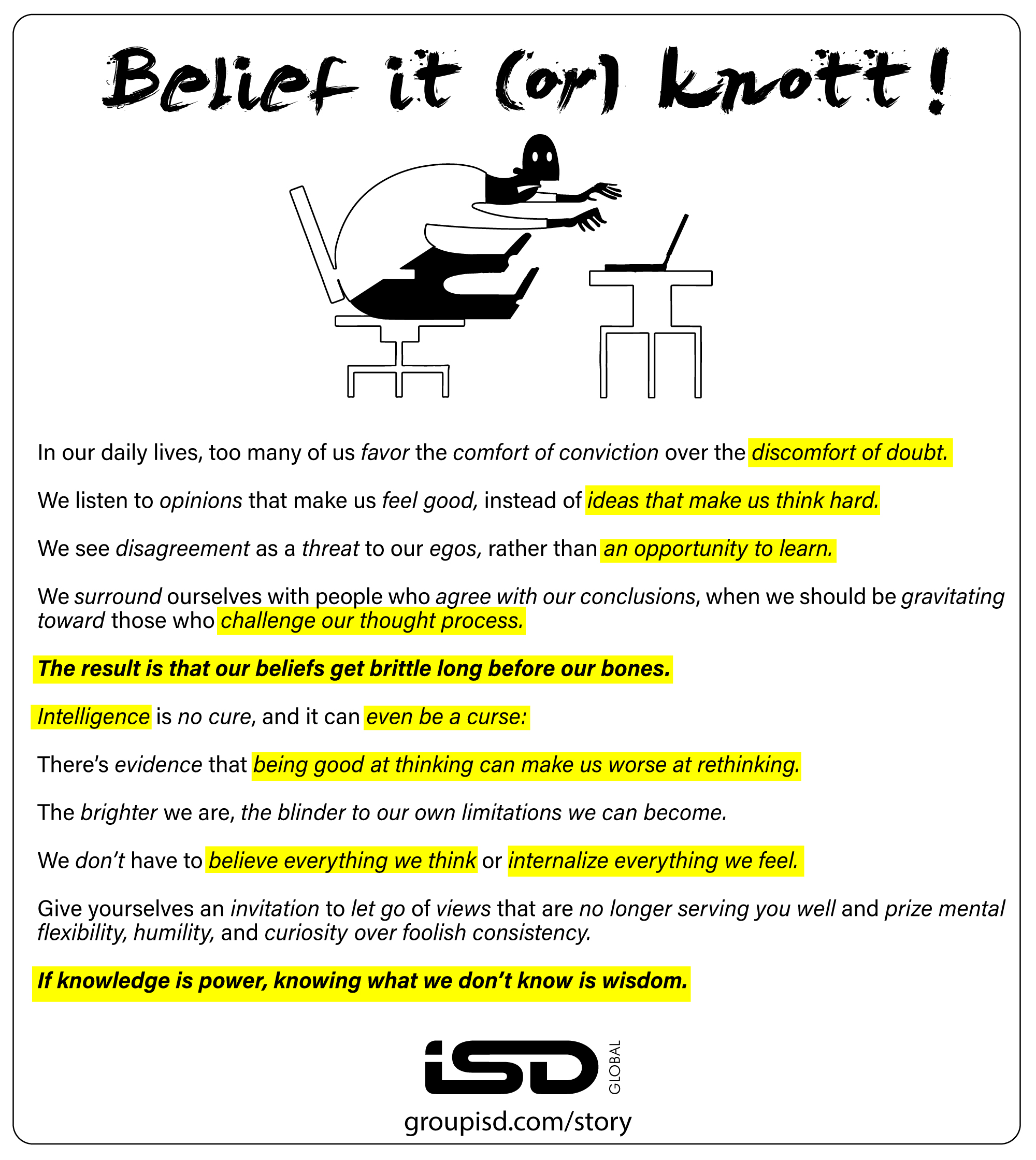
Ideas are aplenty but ideas without action are regrets.

